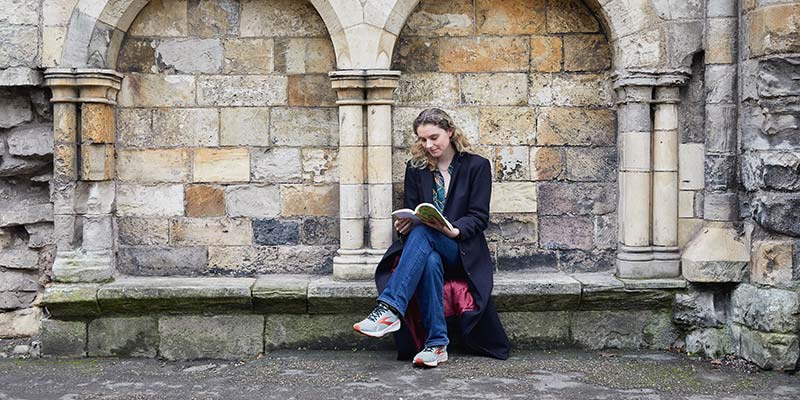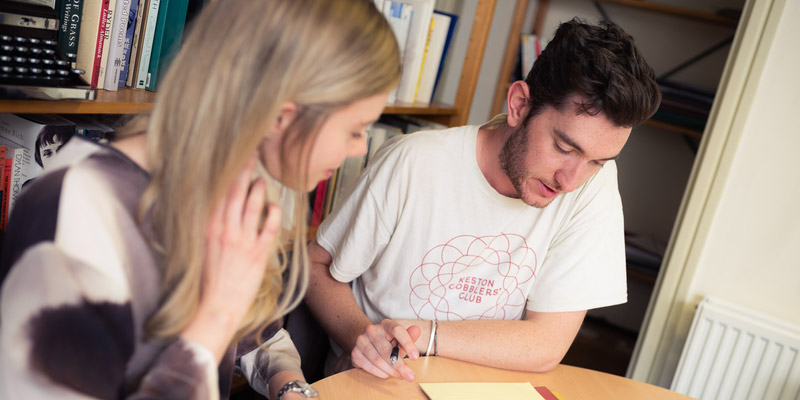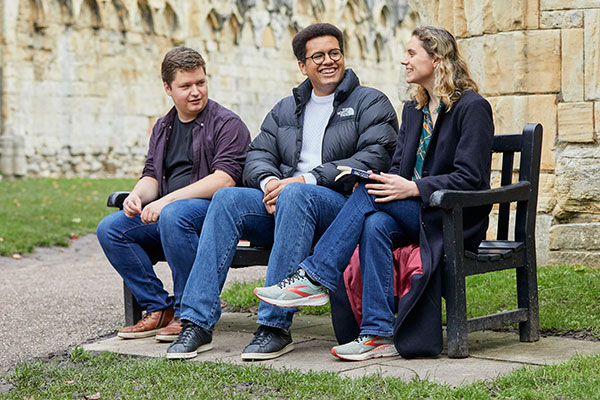First, your application will be reviewed by admissions teams centrally to check that it is complete.
Second, your application will be reviewed by staff in the Department to check that it fulfils our entry requirements. The quality of supporting documents such as your two writing samples will be considered, along with the quality, relevance and potential of your research proposal, which will be evaluated against the guidelines on research proposals published above.
Third, if those checks have been passed and if we have the capacity to supervise your project, you will be invited to an interview to ensure a good supervisory match. The interview will be conversational and relaxed, but it is a formal part of the selection process.
This interview will last approximately 30-40 minutes and is likely to be online. Alternatives to an online meeting can be made available if requested. You can request reasonable adjustments, owing to a disability or caring commitments, for example. You will be interviewed by two members of staff.
The core interview questions might include the following:
- What inspired your proposed research topic/project?
- Which part of your research project are you most looking forward to? Why?
- Are there experiences in your previous studies, or broader life experiences, which you feel have prepared you for postgraduate research? How?
- Is there anything you’d like to ask about postgraduate study in the Department of English and Related Literature?
These sample questions account for the fact that, at this stage, it is normal to be unsure about what your actual project will look like in practice. Your interviewers may ask you follow-up questions if anything is unclear to them, including questions about your research proposal and proposed research area.
You will be notified of the Department’s decision after the interview.
If your application is rejected at this stage or at an earlier stage, this does not necessarily mean that your research proposal is not of good quality. Sometimes, we have to regretfully decline good applications, because the project is not aligned with the research expertise we can offer or because the academic staff who could supervise your project are at maximum capacity with PGR supervision and cannot take on more PGR students at present.
If your application is accepted, we very much hope that you will accept our offer. We will be delighted to welcome you to our research community when you join us!








